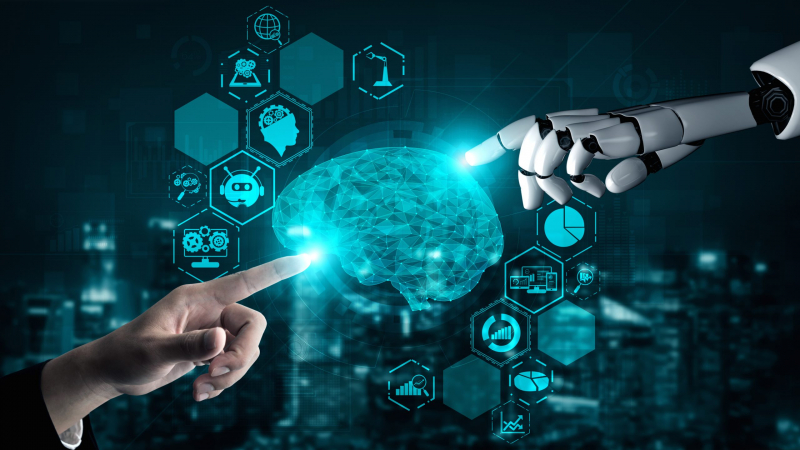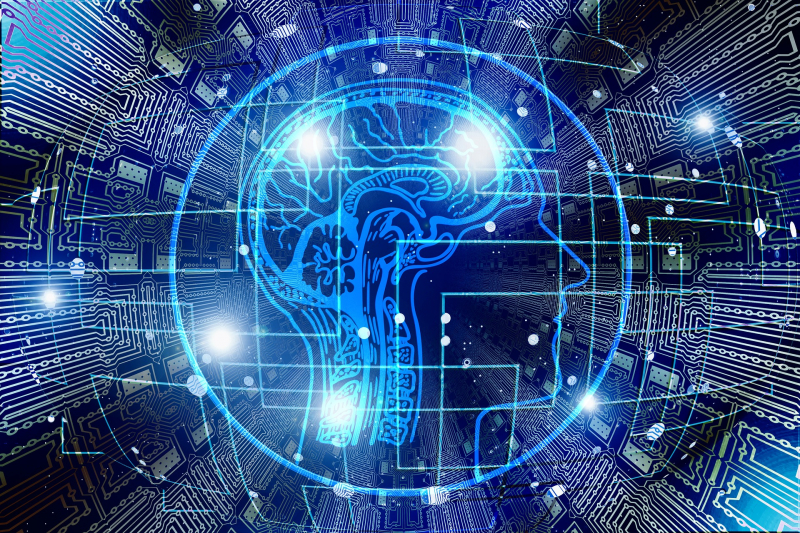Artificial Intelligence
The idea of artificial intelligence is not brand-new. The word, which was first used in 1956, has come to be used to describe any kind of device or algorithm that may imitate human intelligence. Simple, marginally intelligent automata like the John Hopkins Beast were used in early trials, but the technology was too limited in terms of processing capacity and other computational factors to have a significant impact.
Today, with the growth of potent graphical processing units (or GPUs), machine learning, and the introduction of "Big Data," Artificial Intelligence is without a doubt one of the most revolutionary advancements of the last few years. One of its numerous applications, neural networks, can think and compute exactly like the human brain, including the capacity to learn from errors.
Numerous industries have been transformed by AI, including marketing, logistics, space exploration, health, and pretty much everything else that involves sorting through a lot of data. Unfortunately, this extends to warfare as forces from around the world create their own AI-based tools to be deployed on future automated battlefields.












